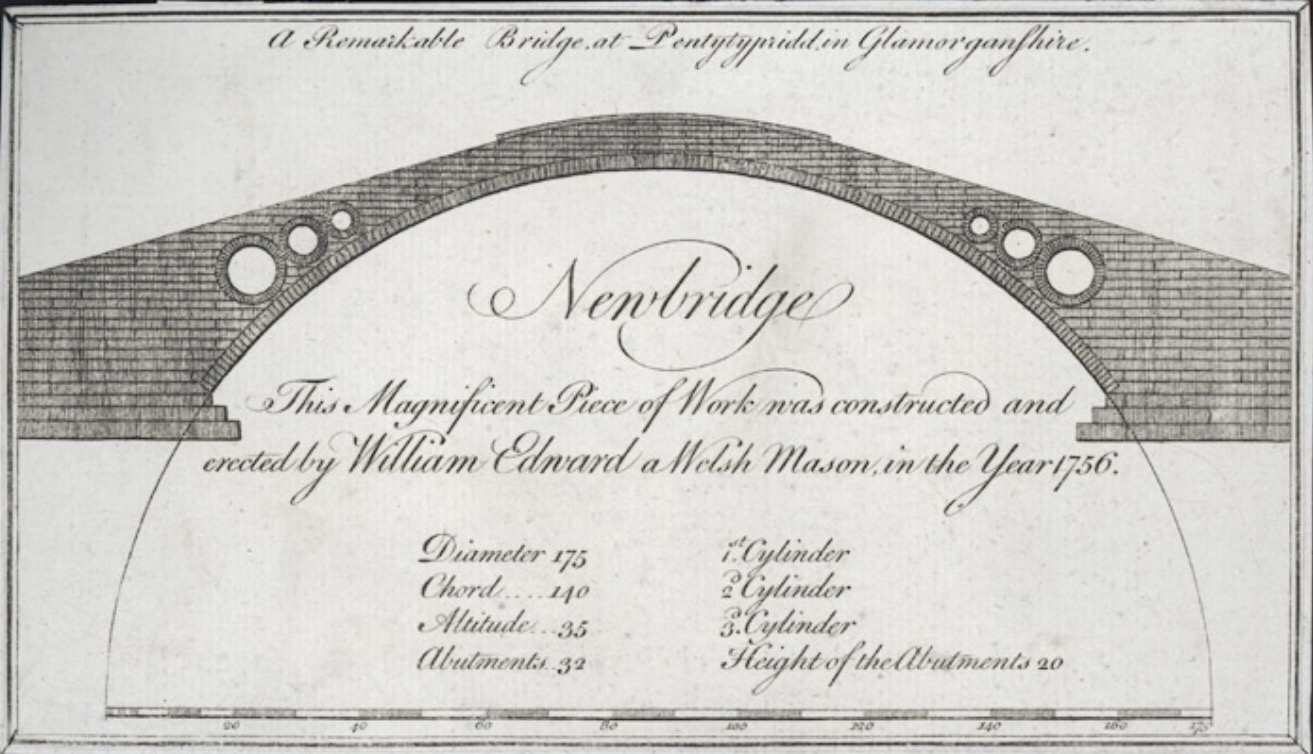You’ve gotta watch this. ‘The TELL of Captain Walker’… https://youtu.be/23SVHUPrUJ4
Not just because it’s from Mad Max 3, and a vision of life in a post nuclear apocalyptic future (the poxyclips). But, for me, it’s the best way of getting my head around some complicated stuff. What people mean when they talk about things like; oral history, tribal storytelling circles and the idea of knowledge sharing by ancient (and possibly future) humans.
Thunderdome Context. Just to put the scene in context. Mad Max has ended up in the middle of a ‘tribe’ of children who were rescued from a devastated city by Captain Walker (flying a 747). Captain Walker and a number of adults left the tribe some time ago, looking for a ‘better’ land. He’d promised to return. The remaining tribe recall the details of Captain Walker through the process of the ‘Tell’. A sort of tribal story-telling circle that Mad Max experiences.
Mad Max (3) Beyond Thunderdome released in 1985, was written by George Miller and Terry Hayes. You can read a transcript by Scott Myers here on ‘Go Into The Story’. Almost 40 years ago I don’t think I appreciated just how good it was.
The Power of Story. For once, I’d actually recommend reading the comments on You Tube. It’s clearly had an impact. Here’s an extract from the script that sets the scene…
“This ain’t one body’s story. It’s the story of us all. We got it mouth-to-mouth, so you got to listen it and ‘member, ’cause what you hears today you got to tell the birthed tomorrow.” (tomorah in Aussie)
If you’ve watched the scene as many times as I have, you might sense a few themes emerging:
- Understanding the World. There’s a view that stories and storytelling evolved alongside humans as the way we understand, and make sense, of the world around us. The Tell of Captain Walker certainly plunges you into that possibility.
- Oral History is History. Humans were telling stories as a way of ‘remembering’ and sharing knowledge a long time before we got around to writing things down. Just because its written down doesn’t mean it’s a more accurate or valid version of what happened. Have a read of this Parks Canada account of how Inuit oral history led to the discovery of the lost ships of the Franklin Expedition to discover the North West Passage. Oral history succeeded where modern technology struggled (thanks to Ray MacNeil for several conversations about this).
- The Story is The Measure (#TSisTM*). In a ‘data driven’ world we aren’t very good (generally) at thinking about stories as a measure of what is going on. It tends to be ignored by the ‘MSM’ Mainstream Simplistic Measurement industry, or put in the ‘too hard to do’ box. I am building up writing something on this, in the meantime (if you fancy) you can warm yourself up on the following;
- Dave Snowden – Story telling: an old skill in a new context, Business Information Review, or pretty much anything Dave has produced on storytelling and narrative.
- Matt Wyatt (Complex Wales) – #TSisTM and 43 quintillion ways to witness…
One final thought. Over the last 2 years of the pandemic I spent a reasonable amount of time sitting around a fire pit (old dustbin) in the garden talking and telling stories with close family members (totally Covid rules compliant). I suspect a lot of people did this sort of thing. I’m wondering if the pandemic version of the tribal story circle has cemented a few new (and old) stories in family histories? We’ve got an explanation of how Wolves were domesticated with cheese & onion crisps (apparently), that will stick in my mind… but that’s another story.
So, What’s the PONT?
- Stories and storytelling have been around a long time. They probably evolved alongside us and are part of what being human is about.
- Oral history is history. Just because it isn’t written down doesn’t mean it is less useful, it’s just different.
- We need to accept that stories are a measure of what is happening. If the story changes, there will be reasons and we need to pay attention. Stories are another, equally valuable, way of ‘knowing’.


Leave a comment